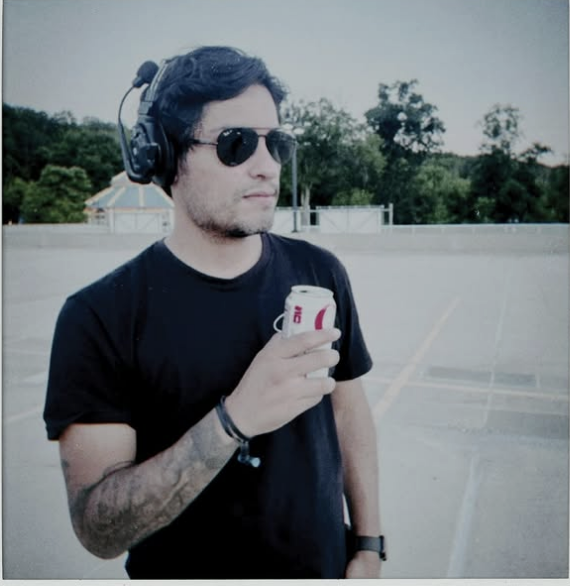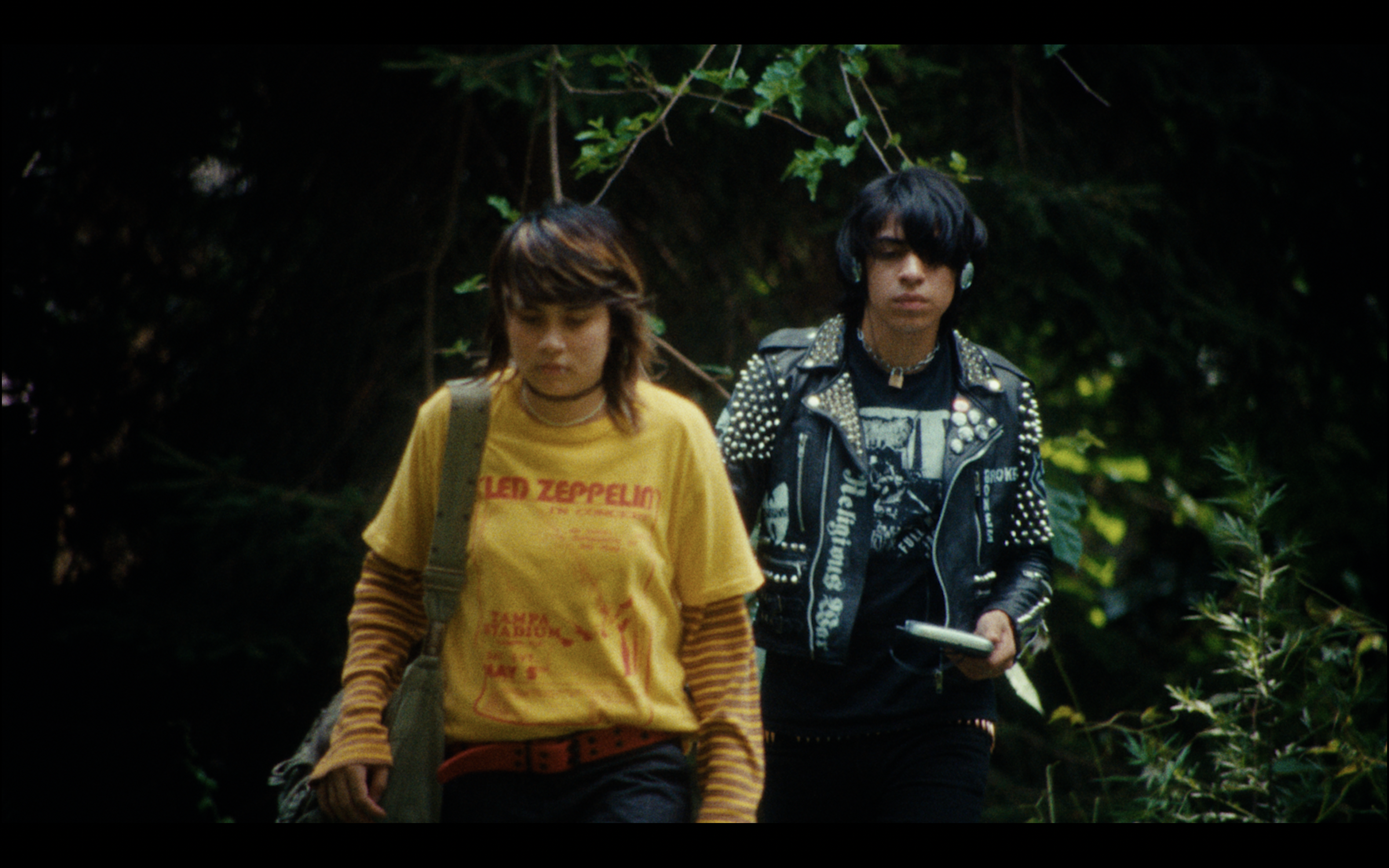Q&A with Filmmaker Carlos Cardona
Carlos Cardona
Carlos Cardona is an award-winning Colombian-American director and cinematographer from Southampton, New York. With over a decade of experience in narrative and documentary filmmaking, he has directed two feature films and shot numerous feature documentaries and shorts. His work often explores identity, race, and class, examining how these themes intersect with American culture. Carlos wrote and directed Chiqui, which premiered at the 2022 Sundance Film Festival and was highlighted by multiple sources as a standout of the Indie Episodic Program, cementing his reputation as a distinctive filmmaker.
This Q&A is part of the Bushwick Film Fest Filmmaker Q&A series
Born 2 Lose (2025)
What inspired you to create this film, and how did the initial idea come to you?
"Born 2 Lose is inspired by my personal experiences growing up punk in the Hamptons and New York City during the mid-2000s.
Why does this story need to be told now?
This story needs to be told because Latino American and genuinie punk representation is sorely lacking in Film and TV. .
Describe who you want this film to reach
Punks, teenagers, millennials, and really anyone who’s ever experienced the chaos and intensity of being a teenager.
What do you hope audiences will take away from watching your film?
A deeper understanding of both the punk experience and the realities of growing up as an immigrant child in the USA
How do you want people to feel after they see your film?
I want the film to spark nostalgia, while also encouraging people to reflect on their own teenage years and the many archetypes that defined the high school experience.
What was the biggest inspiration behind this film?
My best friend Brian Mullarkey who this film is dedicated to.
What was your favorite part of making your film? Memories from the process?
My favorite part was witnessing my lived experiences reborn on screen, as if resurrecting the ghosts of my past and giving them new life
What was a big challenge you faced while making this film?
Making an independent film is always a struggle. Beyond the obvious budget limitations, the real challenge was balancing authenticity—telling the story as truthfully as possible—while avoiding the trap of romanticizing my own experiences. At the same time, I had to keep a critical perspective on the story and make it practical to shoot within the parameters of our production.
Tell us an anecdote about casting or working with your actors.
While shooting a scene on St. Marks Place in the East Village—a spot I used to hang out at as a teenager—I had a surreal encounter. A punk from my past was sitting on the steps of Search and Destroy, and one of the actors, without realizing it, sat down right next to him during the take. When I yelled ‘cut’ and walked over, he looked at me, then at the actor, and he couldn’t believe what he was seeing. We hadn’t crossed paths in almost twenty years, and suddenly he was face-to-face with actors portraying people we once knew. It was an uncanny, almost ghostly moment for both of us.
Can you tell us about the central themes of your film? What message or emotion did you hope to convey?
Most of the central themes in Born 2 Lose explore the Latino American experience, particularly the challenges of growing up within white culture and the different pathways immigrant children take to assimilate into a language and culture unfamiliar to their parents. The film also examines the politics of punk rock, the social hierarchies of American high school cliques, and the shifting dynamics of youth culture at the dawn of social media and the internet.
Were there any films or directors that influenced your approach to this project?
Born 2 Lose draws heavy inspiration from Larry Clark’s Kids and American social realism that emerged in the 1990s and early 2000s.
What inspired you to pursue a career in filmmaking?
I grew up an onlu child obsessed with movies. Horror was my introduction to cinema when I discovered the power that cinema had to influnece human emotions with not only fear but empahthy, compassion and love acorss many genres and expressions through film.
Why is filmmaking important to you? Why is it important to the world?
Filmmaking is important to me because it allows me to shape my own reality. Every film I make feels like a rebirth—a second chance to explore an alternative reality that I can curate, whether through the stories I tell or the images I capture. I believe cinema is one of the most important art forms because it influences us in ways other mediums cannot. It serves as both a mirror of society and a visual time capsule of world history, reflecting the values, struggles, and cultural norms of its era.
What role does technology play in your filmmaking process, and how has it evolved over the years?
don’t consider myself a purely technical filmmaker, though I deeply appreciate the methods and technologies of cinema’s pre-digital history. At the same time, filmmaking inevitably requires a relationship with constantly evolving tools—cameras, lights, editing software, and beyond. While most of my work is digital, I strive to carry forward the spirit of celluloid filmmaking by dialing in my look in-camera, using filters, specific lenses, and lighting philosophies that honor an older tradition.
What is something that all filmmakers should keep in mind in order to become better cinematic storytellers?
I try to follow the words of Gordon Willis: “Keep it simple.” A great story—no matter how complex—should be easy for audiences to follow. I believe cinema is ultimately an emotional art form rather than a cerebral one.
Films are lasting artistic legacies; what do you want yours to say?
It’s hard to say, because I’m still learning and building my own legacy. But ultimately, I want to leave behind a body of work that Latino American kids like me can connect with—a body of work that shows our stories are important, and that they deserve to be told.
If you weren’t a filmmaker, what would you be doing?
Film historian.
How do you approach storytelling in your films? What’s your process for developing a script or concept?
I have different approaches to the kinds of films i like to make. In the last five years I have been focused on personal stories, so aggregarting anecdotes and poignant personal experienes and turning them into storires is my main focus. The hard part is not romanaticsizng your own experiences and looking at them thrugh a crtiycal lens. To quote Joyce, "In the person is the universal"
What’s your history with the Bushwick Film Festival?
I’m an alumni of the Bushwick Film Festival. The precursor to Born 2 Lose, titled Chiqui, won Best Web Series in 2022, and Dreams & Schemes—a film I co-directed and shot—won Best Web Series in 2024.
Can you talk about the festival experience? How does it feel to have your film selected?
It’s always a pleasure and a privilege to be selected, especially since Brooklyn is my home base and my most beloved place in the world
How do you feel about your film being screened in front of a festival audience?
I still get nervous about screening my films in front of an audience, but I always cherish the communal experience of watching a film together. For me, that collective energy is at the core of cinema as an art form.
What’s the last film you watched?
Interiors (1977)
What’s the last book you read?
Easy Riders and Raging Bulls
One thing people don’t know about me is _____.
I love musicals.
Early bird or night owl?
Both.
What three things do you always have in your refrigerator?
Film, NA Beers, Film
This Q&A is part of the Bushwick Film Fest Filmmaker Q&A series



